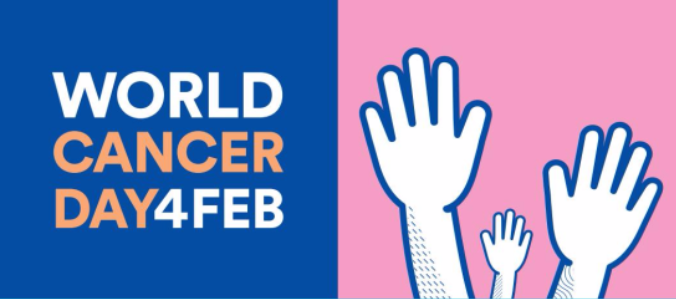Now, on a more serious note! Our sincere hope is that everyone has a happy and healthy Christmas.
We’d like to remind everyone of some foods notorious for causing dental emergencies at this time of year. To avoid these ‘Christmas Culprits’, please take care when eating:

Pork crackling
Olives with pits (and even pitted olives may contain pits!)
Old-fashioned Christmas pudding, if Nanna hides the traditional coin inside
Boiled lollies
Ice – never use your teeth to crunch ice
Nuts – be sure to open shells with a nut cracker, not your teeth.
Popcorn – part of a kernel wedged between teeth or under the gum may become infected, and often feels like severe toothach
Healthy teeth can cope with most foods, most of the time. In reality though, most of us have some compromised teeth. Chewing something hard or crunchy on teeth with fillings, or cracks, can lead to the tooth chipping or breaking, and likely toothache as well.
Some chewy, sticky morsels can pull fillings out – just the kind of emergency you’ll want to avoid over the holidays!
Consume high sugar foods and drinks in moderation. And beware of drinks that are both sugary AND acidic (a bad combination for tooth enamel): fruit juices, soft drinks, energy drinks, some sports drinks.
Alcohol – any alcoholic drink can cause dehydration and bad breath, but those sugary drink mixers can also be especially harmful to tooth enamel.
Take care having fun these holidays. Apart from food, certain summer holiday activities and Christmas gifts have been known to cause accidents and trauma to teeth: trampolines, diving into swimming pools or hitting the edge, falling off scooters and bicycles, and of course summer sport! Cricket, especially.

We hope “everything is AWESOME…” this Christmas! So ‘kids’ (big and small), please remember….Lego sets now come with a brick separator tool!!

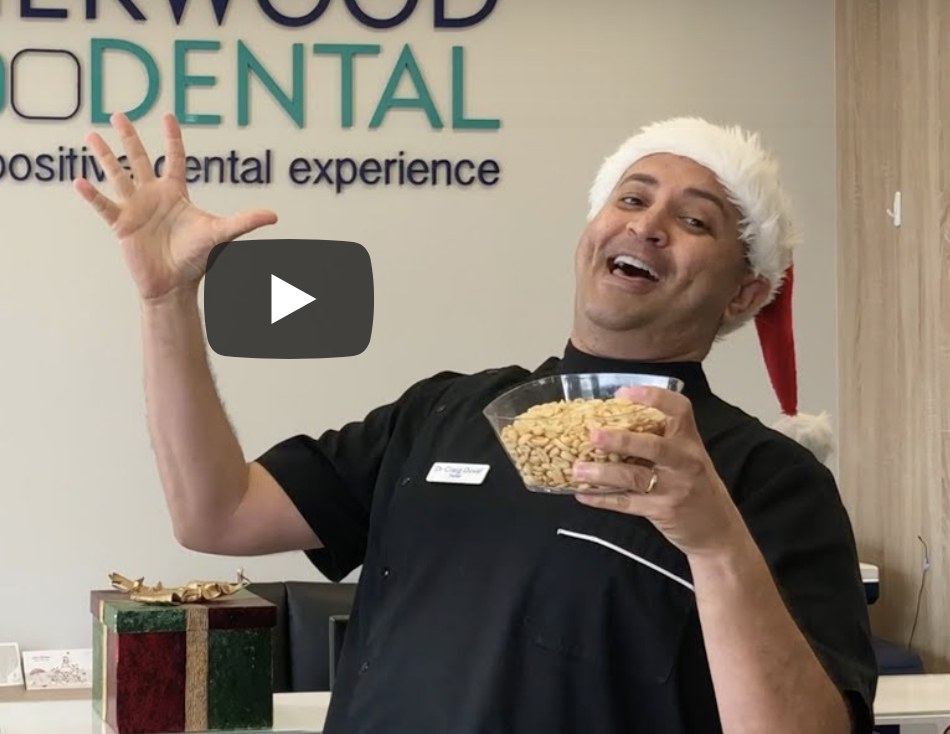
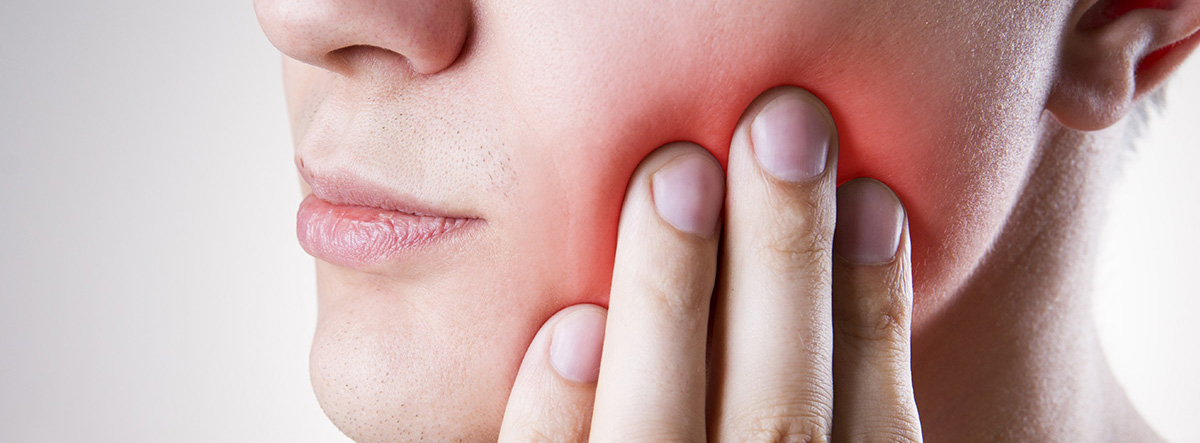






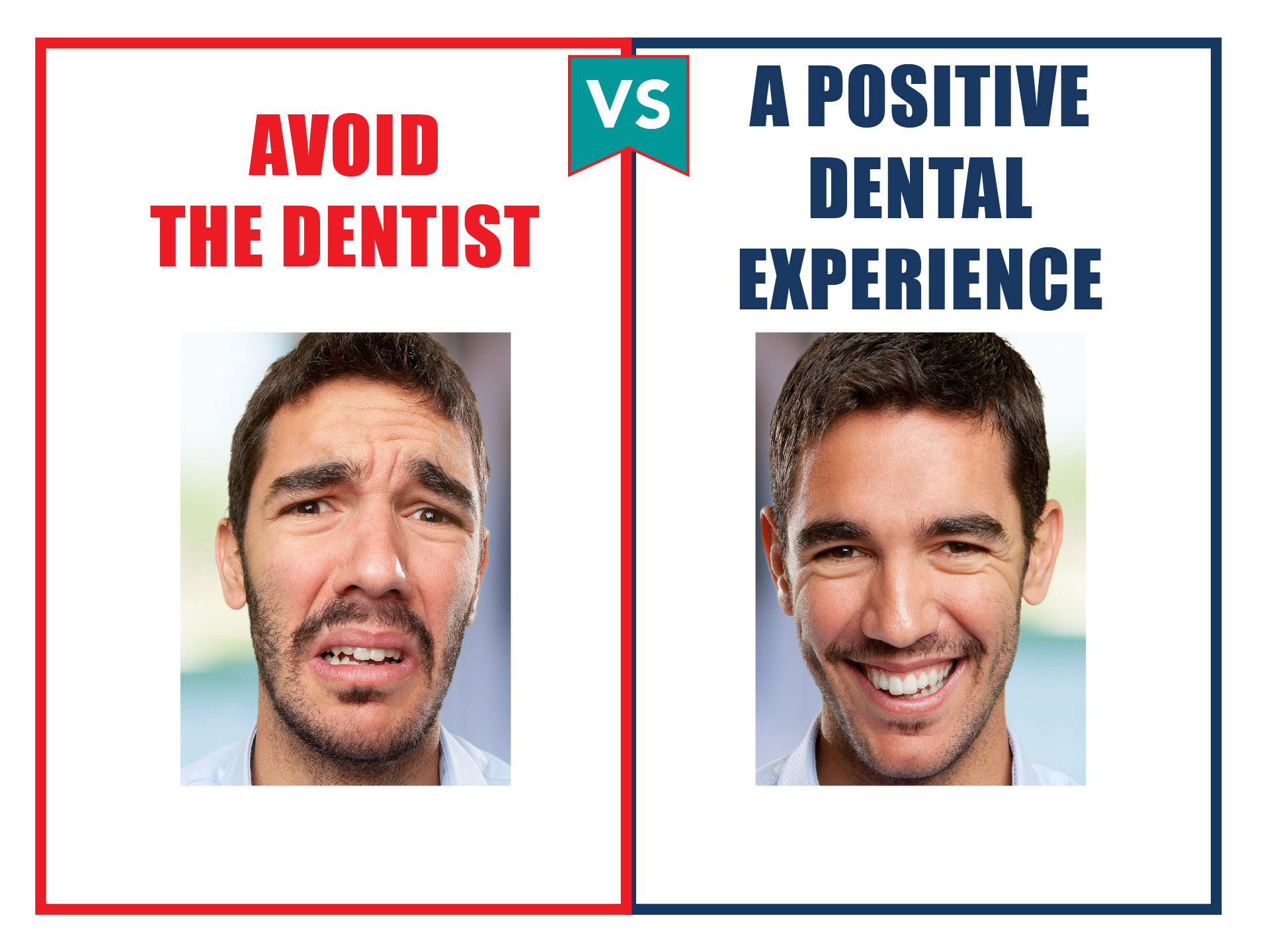

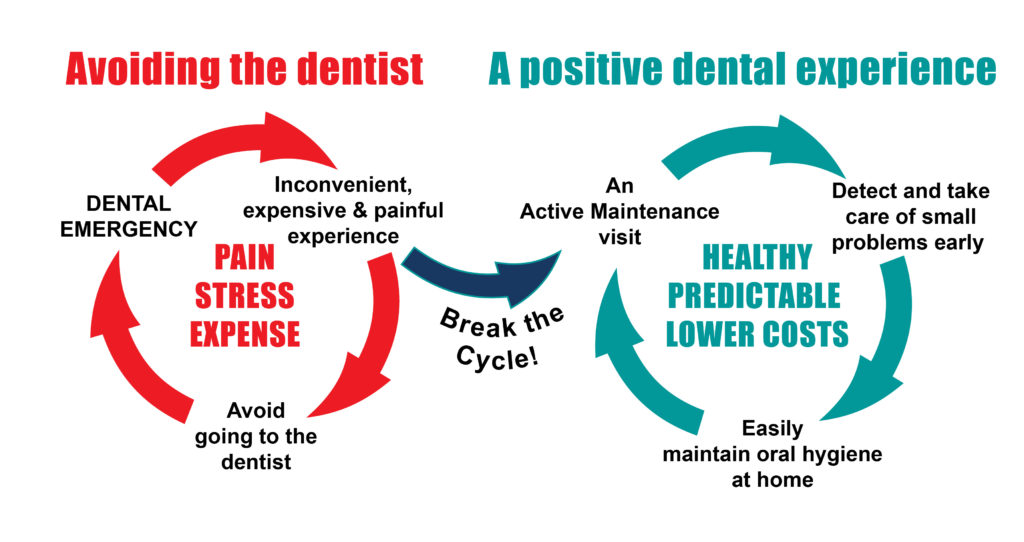
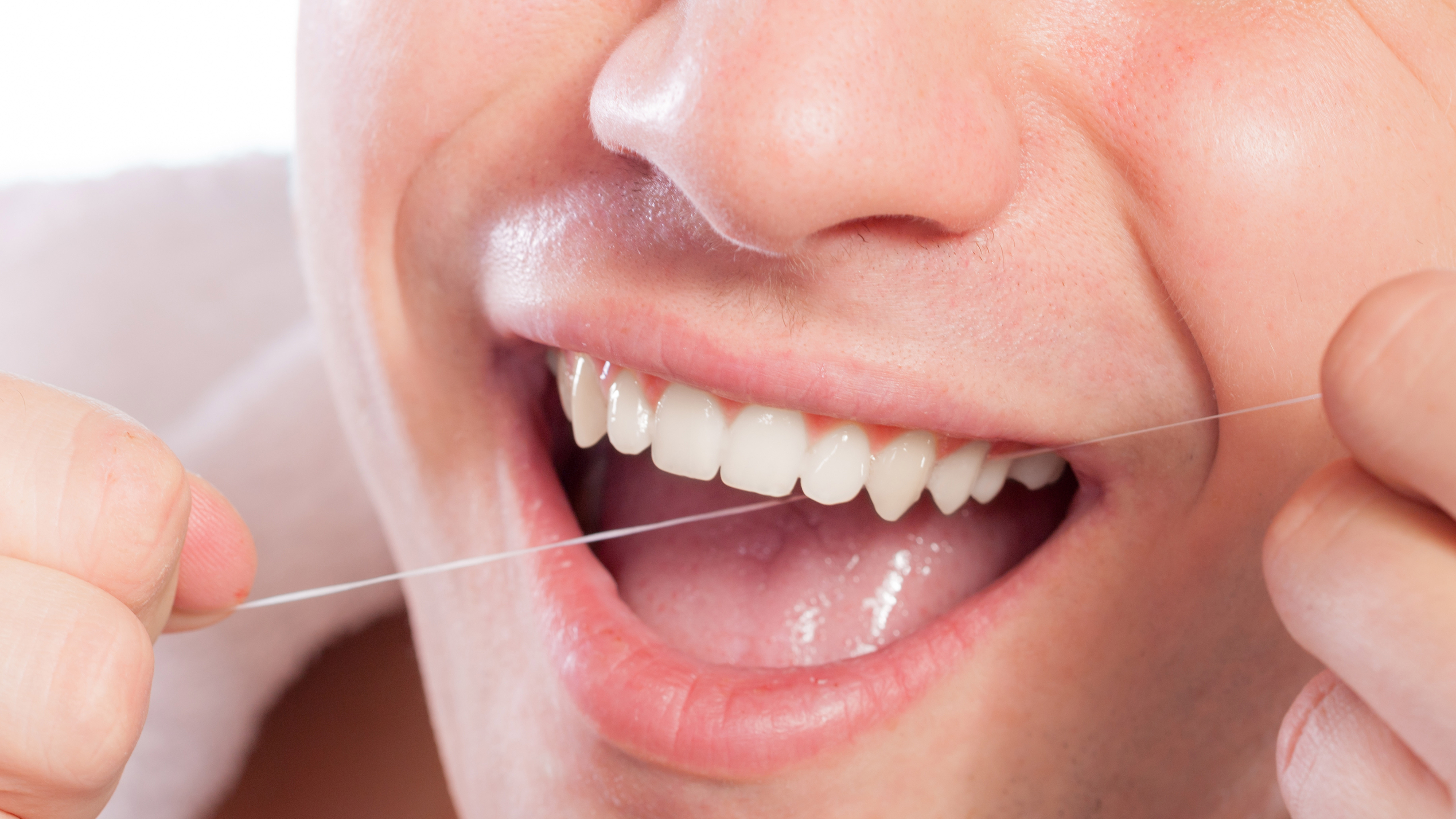

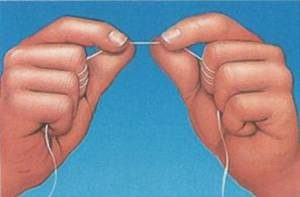
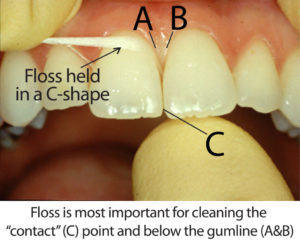



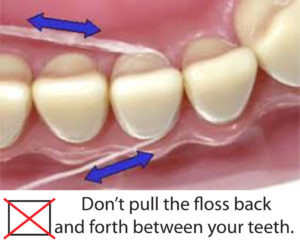
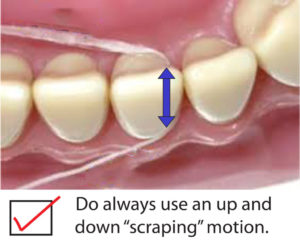
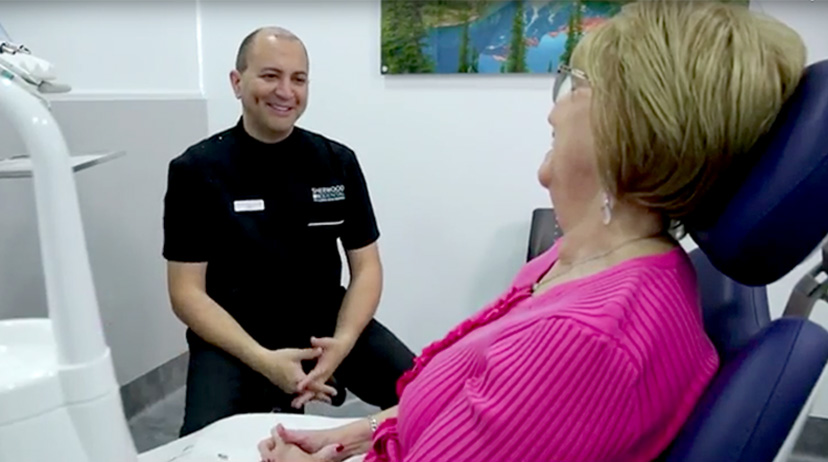
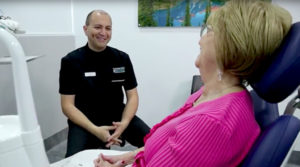
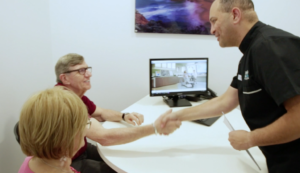
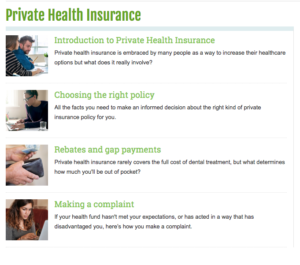
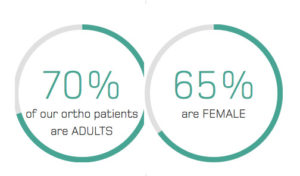



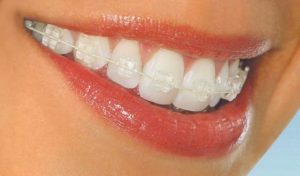


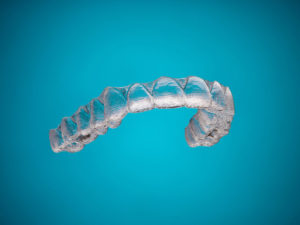


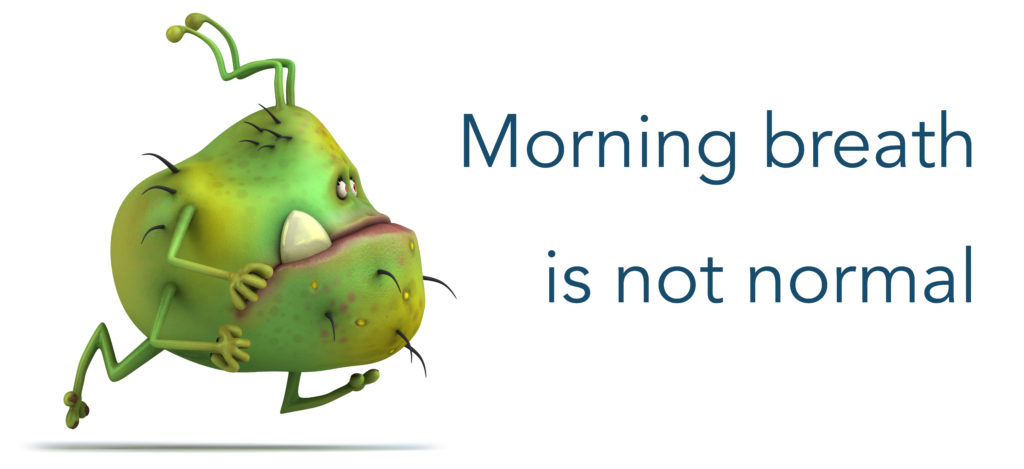
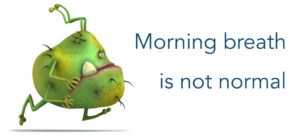 We all think MORNING BREATH is unpleasant. Contrary to many beliefs, it’s also NOT NORMAL and can be a sign of unwanted infection, gum inflammation and other systemic diseases.
We all think MORNING BREATH is unpleasant. Contrary to many beliefs, it’s also NOT NORMAL and can be a sign of unwanted infection, gum inflammation and other systemic diseases. 



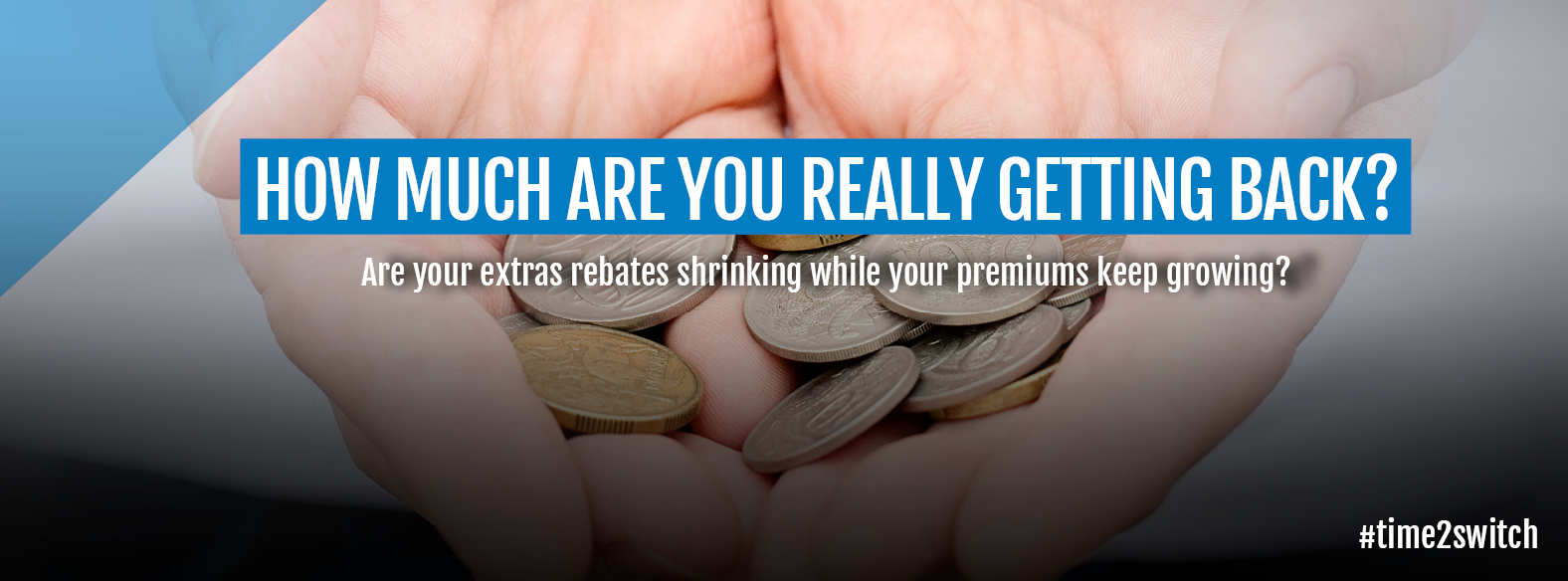
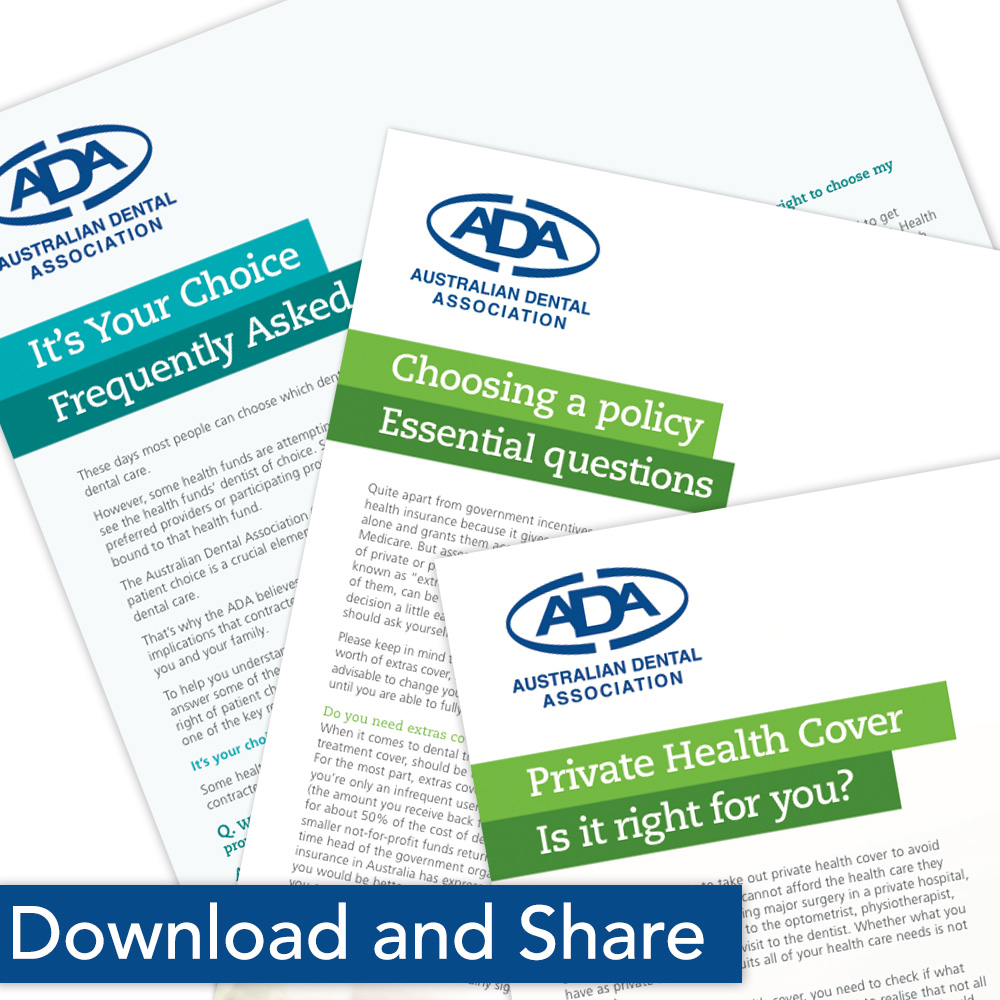
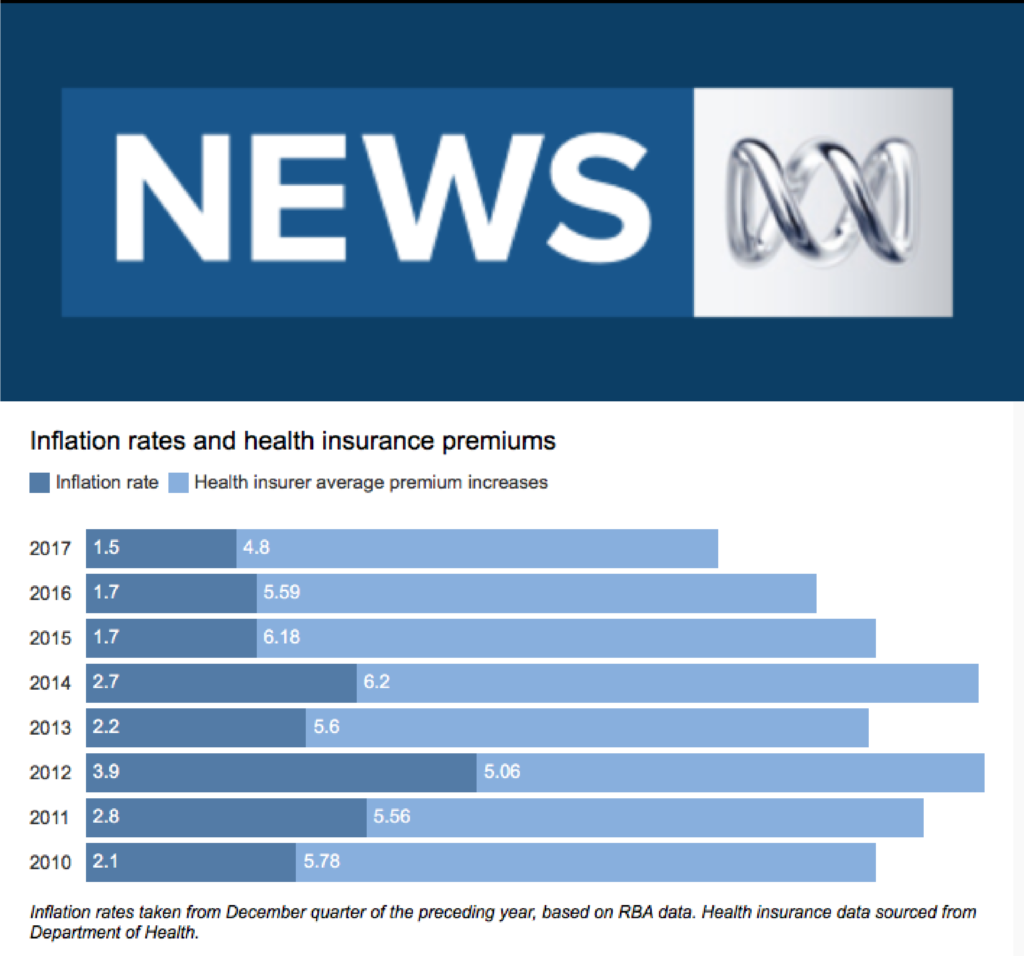

 has some unbiased resources to help make a decision that makes sense for you and your family in 2017.
has some unbiased resources to help make a decision that makes sense for you and your family in 2017. 